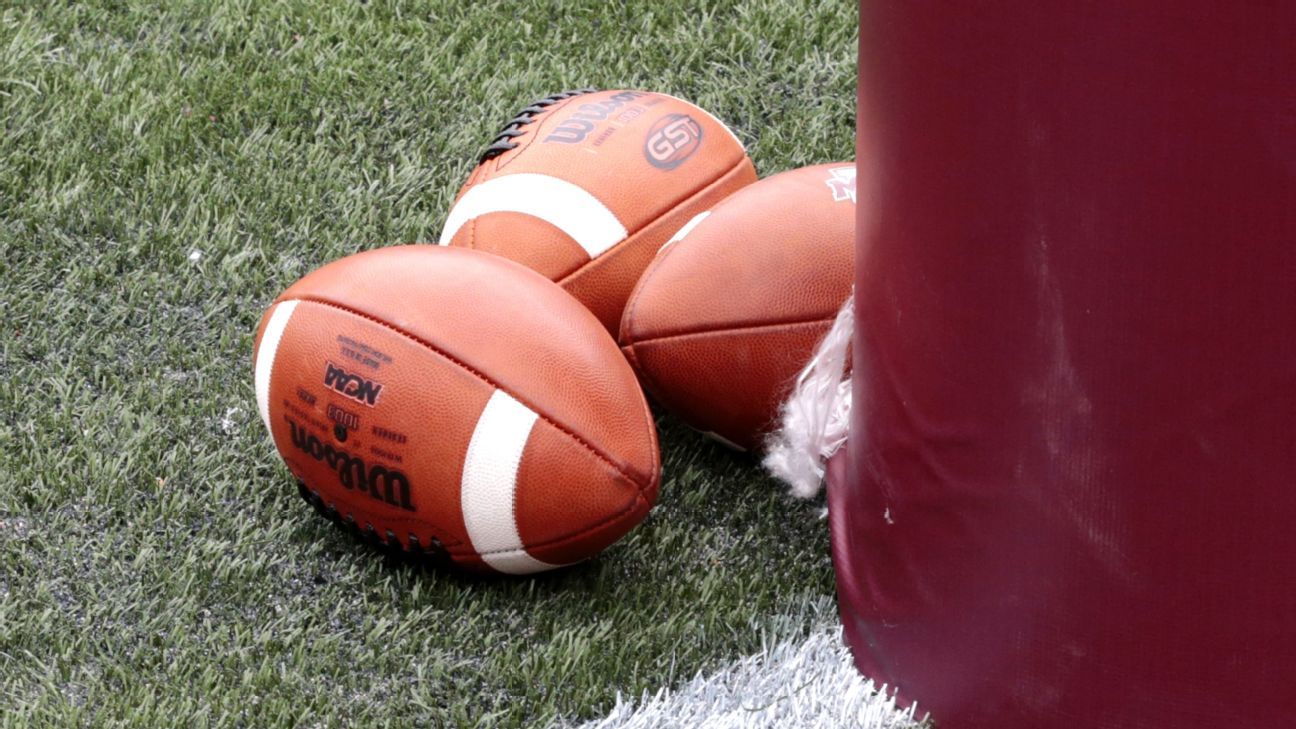Source:
https://ncaaorg.s3.amazonaws.com/infractions/decisions/Aug2025D1INF_MichiganDecision.pdf
Page 51:
A postseason ban is required in this case. Michigan’s case is Level I-Aggravated. See Bylaw 19.12.7.1 (establishing that postseason bans are reserved for Level I cases that lack exemplary cooperation and shall be prescribed in Level I-Aggravated cases). Michigan is also a repeat violator. See Bylaw 19.12.6.2 (identifying that repeat violator status is sufficient grounds to prescribe a postseason ban, even in cases where the institution earned exemplary cooperation). Given those facts, a multi-year postseason ban would be appropriate. That said, the NCAA Constitution states, “Division and, as appropriate, conference regulations must ensure to the greatest extent possible that penalties imposed for infractions do not punish programs and studentathletes not involved nor implicated in the infractions.” See NCAA Constitution 4-B-4. The panel determines that a postseason ban would unfairly penalize student-athletes for the actions of coaches and staff who are no longer associated with the Michigan football program. Thus, a more appropriate penalty is an offsetting financial penalty.
Similarly, the new world of college athletics has shifted from scholarship limits to roster spots. The NCAA membership has not yet determined whether roster reductions will replace scholarship reductions as a core penalty, and the panel will not prematurely make that decision on behalf of the membership. Instead, the panel adheres to the percentages contemplated for Level IAggravated scholarship reductions, but converts the penalty to the financial equivalent of what would have been scholarship reductions. Like the postseason ban, a more appropriate penalty is an offsetting financial penalty.



